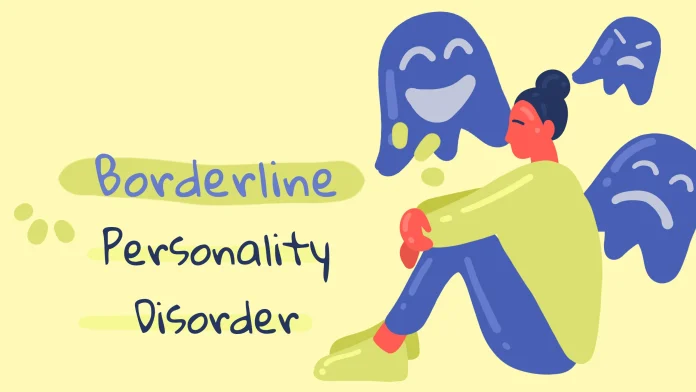Borderline Personality Disorder (BPD) is a complex and often misunderstood mental health condition that affects millions of individuals worldwide. In this article, we delve into the nuanced aspects of BPD, offering insights and perspectives to foster understanding, empathy, and support for those navigating the challenges of this diagnosis. Drawing from clinical expertise and lived experiences, we aim to shed light on the complexities of BPD and promote a compassionate approach to mental health care.
Demystifying Borderline Personality Disorder
Dispelling Myths and Misconceptions
BPD is frequently shrouded in stigma and misconceptions, leading to misunderstandings and barriers to effective treatment. By debunking common myths surrounding BPD, we can create a more accurate and compassionate understanding of the condition.
Understanding the Diagnostic Criteria
BPD is characterized by a pervasive pattern of instability in interpersonal relationships, self-image, emotions, and impulsivity. Exploring the diagnostic criteria for BPD can provide clarity on the diverse symptoms and challenges experienced by individuals with this condition.
Navigating the Complexities of BPD
Exploring Emotional Dysregulation
Emotional dysregulation lies at the core of BPD, manifesting in intense and fluctuating emotions that are often difficult to manage. Understanding the dynamics of emotional dysregulation can help individuals with BPD and their loved ones navigate the challenges of mood instability and impulsivity.
Unraveling Self-Identity Issues
Individuals with BPD often struggle with a fragile sense of self-identity, leading to feelings of emptiness, instability, and identity disturbance. Exploring the complexities of self-identity issues can shed light on the challenges faced by individuals with BPD in forming a cohesive sense of self.
Compassionate Approaches to Treatment
Embracing Dialectical Behavior Therapy (DBT)
Dialectical Behavior Therapy (DBT) is a widely recognized and effective treatment approach for BPD, focusing on enhancing distress tolerance, emotion regulation, interpersonal effectiveness, and mindfulness skills. Embracing DBT principles can empower individuals with BPD to cultivate resilience and achieve meaningful improvements in their quality of life.
Fostering Supportive Relationships
Supportive relationships play a crucial role in the recovery journey for individuals with BPD. By fostering understanding, empathy, and validation, loved ones can create a safe and supportive environment that facilitates healing and growth for individuals with BPD.
Promoting Awareness and Advocacy
Raising Awareness
Raising awareness about BPD is essential for reducing stigma, increasing access to resources, and promoting understanding within communities. Education initiatives, public awareness campaigns, and community outreach efforts can help challenge misconceptions and foster empathy for individuals living with BPD.
Advocating for Accessible Mental Health Care
Advocacy for accessible and affordable mental health care is crucial for ensuring that individuals with BPD receive the support and treatment they need. By advocating for increased funding, improved access to specialized services, and destigmatization of BPD, we can create a more inclusive and supportive mental health care system for all.
Conclusion
Navigating the complexities of Borderline Personality Disorder requires a compassionate and multifaceted approach that acknowledges the diverse experiences and challenges faced by individuals with this condition. By fostering understanding, promoting access to effective treatment, and advocating for greater awareness and support, we can create a more inclusive and compassionate society where individuals with BPD are valued, supported, and empowered to thrive.
